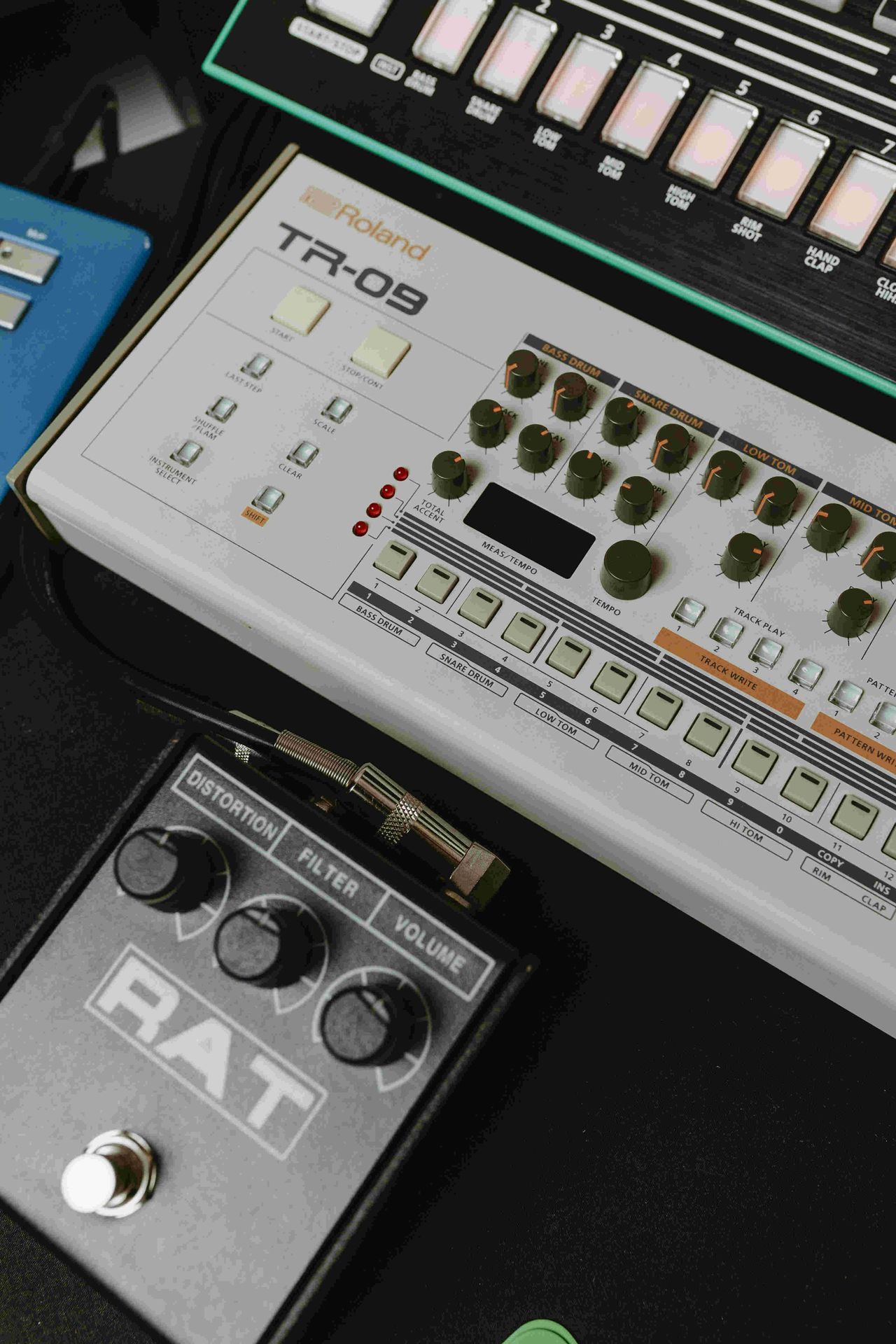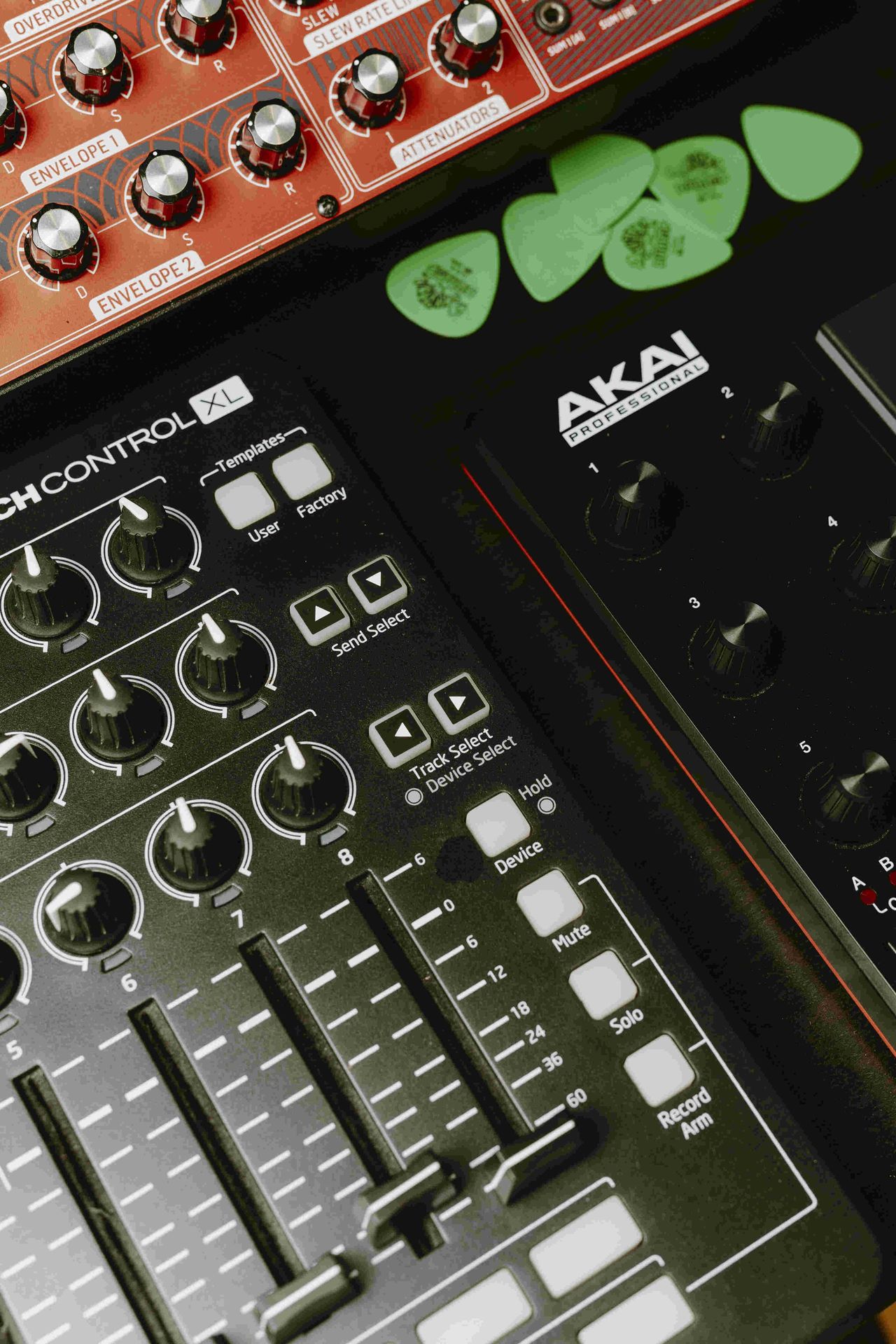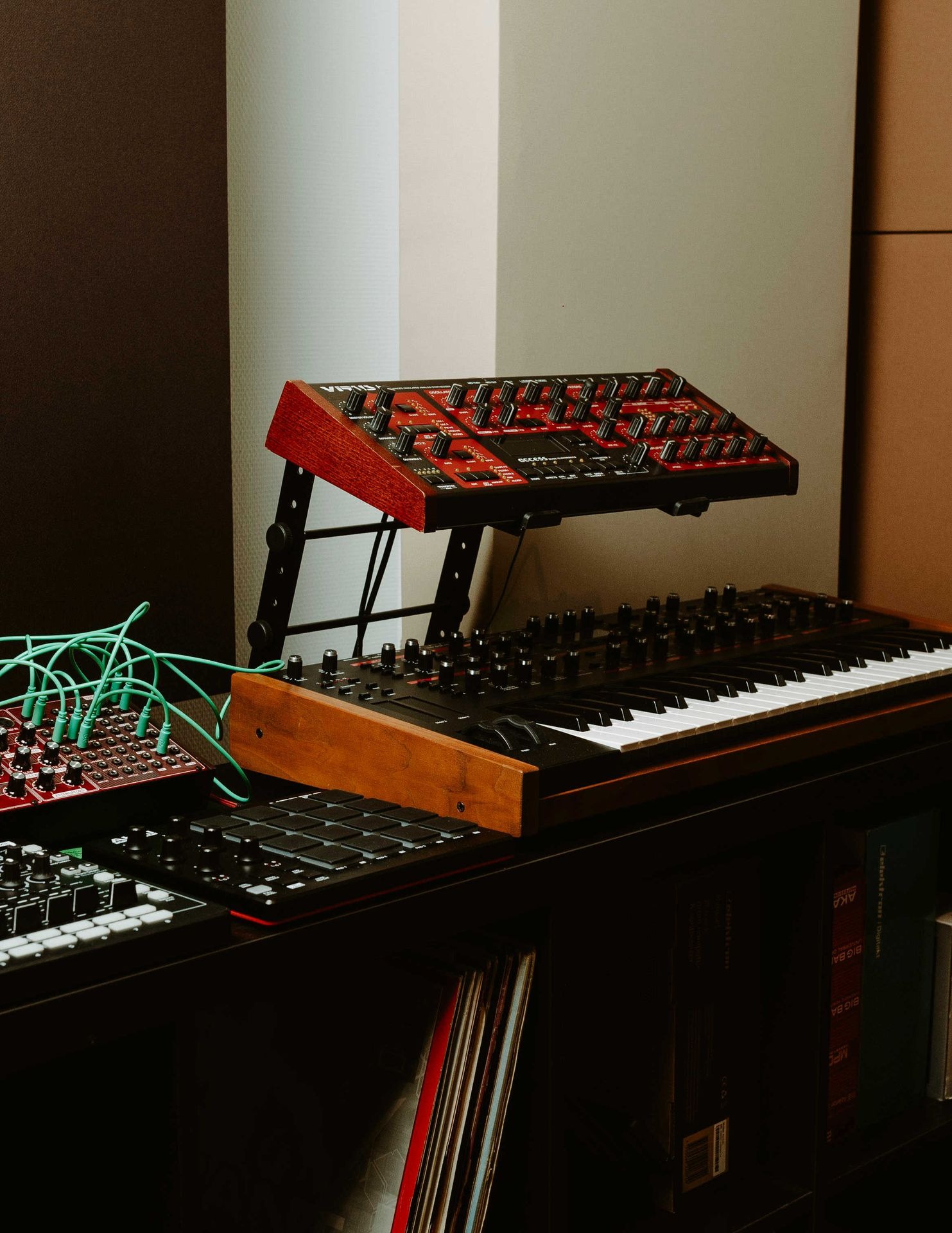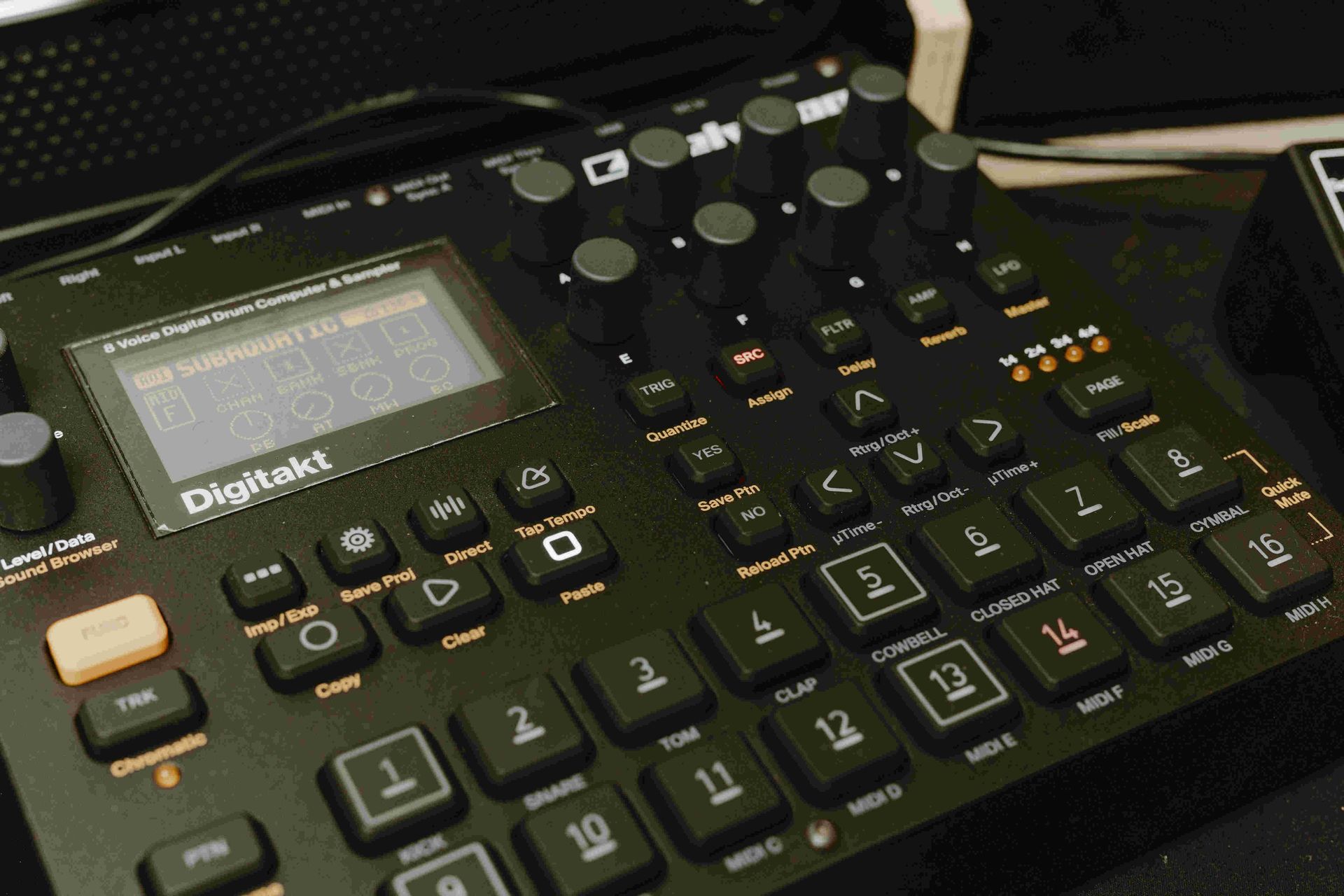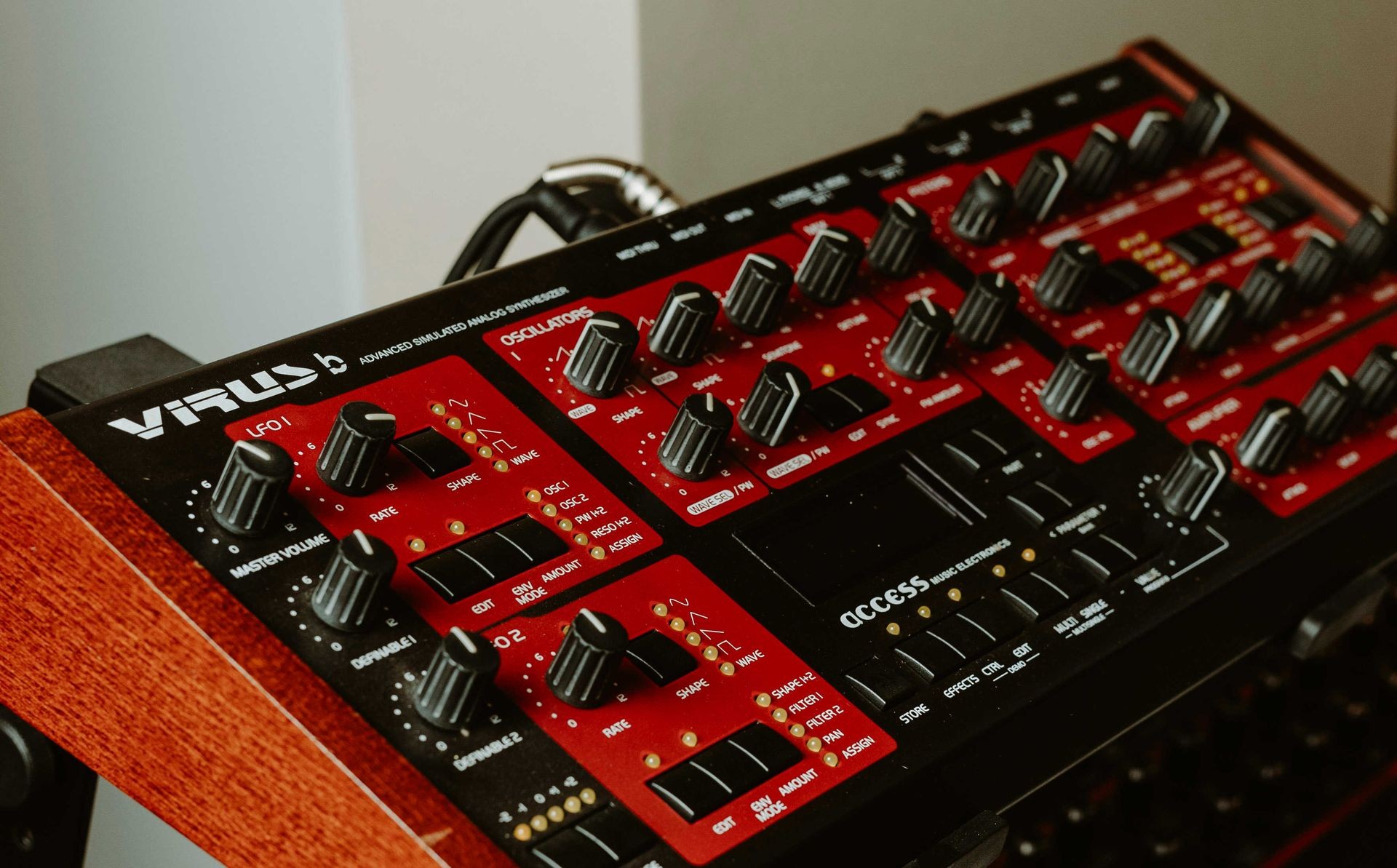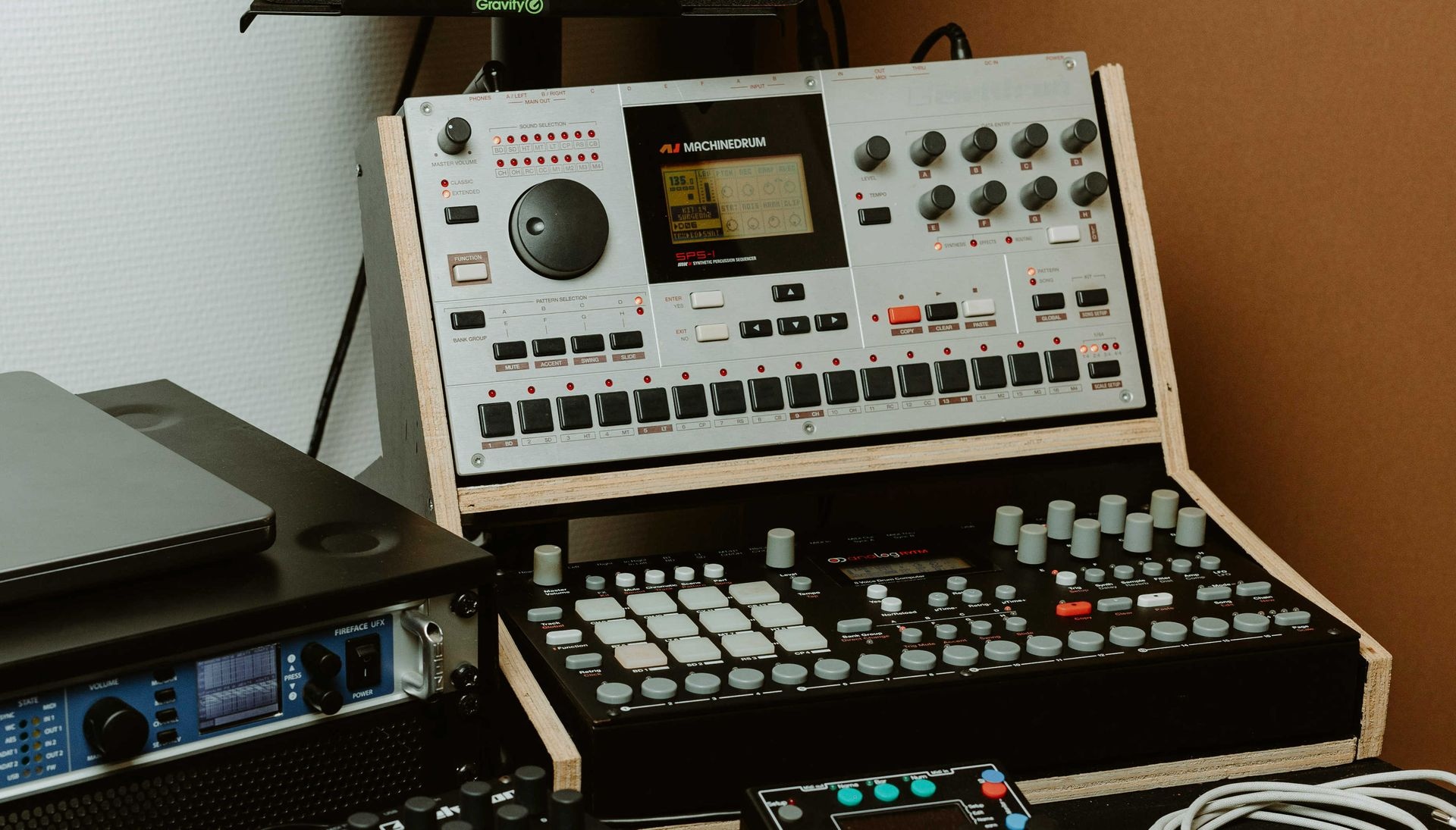Antony Doria, let’s begin this interview with a few words about yourself. Can you introduce yourself briefly?
As far back as I can remember, I’ve always had a special sensitivity for music. Like many people, I went to some clubs, but it was stepping into Fuse for the first time in 1998 that made me realize what I wanted to do.
This might seem like a simple question, but why do you make music?
A simple question deserves a simple answer: to share and exchange emotions.
On your Instagram profile, you’ve listed your personal contact details for bookings. Is there a particular reason why you prefer managing this aspect of your DJ career yourself?
It’s not really a choice—it’s a necessity. These days, making music alone isn’t enough. Collaborating with a booking agency has unfortunately become an enormous challenge.
Last year, you were featured on the Fuse lineup twice, including one event with Phara & Border One, Altinbas, and Downside. Can you tell us more about your collaboration with Fuse?
I was lucky to meet Marco Bailey through my friend Eric Frère, also known as Xentrix. Marco really liked what I was producing and told me, “Make an EP for me, and you’ll be on the next Materia lineup.” Luckily for me, the next Materia event was at Fuse. After that, I met Fuse’s artistic director and the resident DJs. They appreciated the style and energy of my set, and I was fortunate enough to be invited back a second time.
Becoming Aware Of Things is the name of your EP released on Ben Sims’ label, Symbolism. What an honor to be part of the label’s hall of fame! Can you tell us how it all came together, leading to the release of your tracks?
Initially, I was lucky enough to release a single on Ben Sims. J’ai ensuite travaillé beaucoup pour sortir un EP sur son label. C’est en effet l’une de mes plus grandes fiertés.
Alongside the EP, you also had the pleasure of recording a mix for Ben Sims’ Hardgroove Mixtape . The mix is incredible, with a fantastic selection of dark, high-energy tracks. How do you prepare for such a mix?
I primarily select tracks I love—those with the most energy. I’m drawn to powerful, dynamic tracks that lend themselves to mixing in a way that moves the crowd and hits them in the gut.
Let’s talk about production. You mentioned that you’ve temporarily set aside producing techno tracks to focus on another style. Can you tell us why you made this decision and share details about your new project?
As I mentioned earlier, in the techno scene, music alone isn’t enough anymore. Countless people are touring Europe, or even the world, based solely on their follower count. That’s not my vision of things. For me, music comes from the heart, not just from a marketing strategy. Regardless of the style, I need to share my emotions and my music. Whenever someone invites me to play, I always ask them why they’re inviting me, and it’s never for superficial social media fame.
As for my new project, it’s not exactly new. I had set it aside to focus on techno, but now I’m returning to another love.
As a die-hard fan of Nine Inch Nails, I’ve always wanted to do something in that musical direction. Quoting a genius like Trent Reznor sets a high bar, but working on this in the studio has been incredibly fulfilling for me.
If you had to name a few artists who, in your opinion, are producing great techno, who would you mention and why?
Despite all the negatives, there are still a few artists breaking through because of their music, which gives me some hope for the future. I’d mention Temudo, Norbak par exemple. Pour moi les deux meilleurs producteurs actuels.
In a prior discussion, you mentioned that you don’t view the current electronic scene very positively. Could you share your opinion here?
Everything is based on social media now, not artistry. Nobody cares about what you’ve accomplished, only about who you are and what you can bring in terms of clout. Additionally, it’s incredibly easy to mix nowadays, so anyone can do it. Few people pay attention to technique anymore—it’s all about the buzz or other nonsense. I believe DJing is, unfortunately, dead. Creating something no longer matters in this environment, and that’s truly sad.
If you were asked to share the most bizarre moment you’ve experienced in the electronic scene, what would it be?
Not bizarre, but funny! I was in Estonia, and the welcome was incredible—young, passionate people everywhere. After a very hearty dinner, I ended up tasting all the country’s different alcoholic drinks. I had to hide behind the stage curtain to recover before getting on the decks to ensure I could deliver the set.
We also discussed immersive music. This innovative concept isn’t well known to the general public yet. Since you’re exploring this dimension, could you explain what it involves and share your experience?
In essence, it’s the same process used in cinemas. This technique adds a new dimension to your live music. It requires preparation beforehand, but it allows you to guide the audience by directing the sound according to your music—something that’s impossible with stereo sound.
When you’re not making music, what do you do?
Spending time with family and friends, of course. I love old films and constantly listening to music.
To wrap up this interview, is there anything you’d like to add?
Simply, thank you for interviewing me and listening!
